She Extended Her Arms
This is a guest post by a dear friend, Bradley Smith.
“She extended her arms to embrace her home, maybe the whole world.”
-Junot Diaz, the Brief and Wondrous Life of Oscar Wao
I am not the theologian, sociologist, physiologist, or psychologist to know what we should do or how we should be with matters that are up for debate; I know only what I have observed and I do not seek to offend:
These days, in churches and in schools, in the military and in the halls of congress, there is much talk about what women should or should not do. There are those that say our gender is hardwired into us and defines a great deal of our character. Others say it must be taught and that a boy could be taught to be more nurturing and motherly and this development can even be supplemented with estrogen supplements and toy dolls to make him completely “female.” I know individuals that were born with hormone imbalances, or developed them later in life, or were born under such conditions that the doctors were not sure whether to mark M or F, and I can’t help but wonder. At the risk of sounding like a lukewarm heretic, I will say I am not smart enough to know exactly what the balance is; but I think, at our roots, we are undeniably different.
I think sometimes this word–different–gets a bad name. I long for a world where no one would think I should be offended if I am described as black or as a Westerner. I long for a world where an Oklahoman–literally red people–Native American could be called a redskin without that having to be a derogatory thing; why should we foster the idea that the color of our skin be inherently bad? I long for a day that, without feeling we have to be confined to a certain set of roles, we can celebrate the–I think?–inherent differences in us, male and female in the same way that we celebrate the beautiful differences between eagles and lions.
Though it is often taken to extremes through caste systems and legalism and distorted by our pride and insecurities, I think there is a certain order; I just do not know exactly what it is or what the right balance is. Somedays I wonder what it would have been like to be born a white Anglo Saxon protestant male, but I have heard there is a holiness in blooming where you are planted; in learning to accept and work in what is. God can work miracles through a white man that would be very difficult to work through me and can work miracles through me that a white man could not imagine; is this not good?
Looking through a theological lens, I think we were all made to reflect a different aspect of the image of God. No gender, or race, or nation, or profession or work of art , or flock, or natural phenomenon can come close to doing this alone I think. The uncontainable God cannot be perfectly reflected even using the entirety of his seen and unseen creation I think, much less a small sliver of it; but still he shines through us. For the past month or so I have been constantly reminded of the unique way that God is reflected in two very important populations that are often disenfranchised and forgotten by the Church and by the world: women and children. Today, I write about the former.
Again, I am not wise–or perhaps brave is the better word?–to say the things that I think should be, only what I have seen. And I have seen beautiful things. The Bible, the Synaxarium, our histories and many of our folk stories are all disproporionately quiet in regards to women, but as far as I can tell, we have always split the story of God about fifty-fifty. Though we often write the names of men in flashing lights, though they often seek and gain the glory, I think there is a quiet, humble, and world changing glory in the actions of women. They have many roles, to be sure, but the one that tears my heart out again and again is their ability to preserve faith and creation.
They are built for this. Women have several organs that–as far as I can tell with my limited understanding of human anatomy and physiology–serve no other purpose than to preserve and nurture creation. There is something beautiful about the womb, that holy place that keeps a helpless new life developing and growing for nine months; and it is reflected in liturgies and in prayers and in mothers’ love all around the world everyday. The child is sheltered and nurtured while the world rages around it, never knowing more than that its mother is all around it who holds within a gift to the world.
While men are often off finding better ways to destroy the world, women are planting gardens and teaching their children math facts. They are stocking the shelves with groceries and making sure their homes are clean. During periods of persecution in the Church, now and in the past, when the clergy is killed or withdraws, women are often the only link that children have to the Faith. The importance of the matrilineal bloodline to Jewish culture should not be lost on us. Traditionally, young Jewish children are expected to memorize large sections of the Torah; how did this occur while, traditionally, the father was at work? How is it so easy to forget the magnitude of this simple act? If you have given nothing else to the world besides a child that is learning truth and love by heart, you have done a great thing. Though the fathers give the names–what is seen and heard–the mothers give the blood that run through us: I have seen mothers teaching their children entire liturgies, family prayers, Bible verses, the basic truth that they are loved by God and to love the world in turn, and the magnitude of this is beginning to break me.
I think there are few greater callings than the preservation and fostering of good things. This is enacted in many ways by the young and the old, and by men and women alike. But, without having any personal experience to support or understand this, I think there is something in holding a life in you for nine months that gives you a vested interested in the future in ways that men can never fully understand: a man never really has to watch his diet for the sake of an infant or make a personal decision about when the best time to attempt conception is. Honestly, in good and bad ways, after a single night, a father is free to depart to do holy, or mundane, or terrible things in the world. There are good and bad mother and fathers, but more often than not, when a baby is born the mother extends her arms and her heart and her soul to embrace them, and by extension, as Mr. Diaz so eloquently states: maybe even the whole world.
I am beyond blessed to have dozens of men in my life that have invested in me and so many others; men that I can confidently and honestly call father. But many are not so lucky. Disproportionately, from things we can help and things we cannot, women bear the brunt of parenthood in our world. As a black man in America, the extent of my blessing only becomes more evident the more I see an entire ethnic group that has spent too many generations growing up fatherless. There is strange, dark, talk by angry people suggesting that blacks were better off under slavery. While I disagree with the heart of what they say, and I realize that I may be idealizing a whole situation I have no firsthand experience with, there was a time when black women in chains knew they were free already, even as they worked for a different kind of freedom for their children. Now that we have freedom, we seem to have forgotten: some things we can help, and somethings are beyond us, but I pray we listen to our mothers will give our daughters good truths to teach their daughters again. Soon.
We come from auction blocks where families were raped and had their fathers and language and culture ripped from them, to more subtle places of human trafficking where fathers and mothers alike sell themselves to the idols of infidelity, substance abuse, and despair–I am unqualified to speak much more on such things. My soul cries out in joy and wonder and sorrow as I consider where the black community would be–where the world would be–without grandmothers and aunts and big sisters and big cousins and little sisters and on and on…what kind of kid in the hood thinks its fun to push around a stroller, to play house? I know children often only imitate what they see, but there is a certain beauty in the reality that while I was busy trying to figure out how many different weapons I could make out of a stick, my girl was trying to figure out how she was going to make this mud pie into a meal that would nourish my body. I think the sticks are often necessary in a broken world, but thank God for mud pies.
I don’t know what all of this means for our churches and barrios and our society. In my eyes, women are our foundation and our roots. They are unseen and often unsung, but they carry heavy weights and have proven that they will be here when our knees are scraped and when our wars are over. They have the capacity to heal us in ways that nothing else in the world can: my mothers can offer healing and comfort in heartbreaking ways; they use pain to mend wounds and bring relief out of deserts. My sisters and cousins inspire and encourage me in ways that my brothers could only pretend to; they can correct me and guide me in ways that I am often too blind or prideful to accept from another man. So many wives I see offer support and offer a check to pride that no one else in the world could. They offer direction and lend humanity to their husband’s vision, often at the expense of their own; but when they are coupled and each encourages the other, I have seen breathtaking things:
They are there to teach the Stephen Colberts that it is ok to laugh when your hurt and that is ok to laugh with someone you disagree with. They are there to teach the Orson Welles that bedtime stories can change the way the people see the world. They are there to teach the St. Basils of the world what to fight for and what to be patient for and why we pray. They are there to teach the Tupac Shakurs and John Lennons and Paul McCartneys to carry their hopes and dreams and pain in song. Our foundations allow us to take in new things without compromising our roots. A strong foundation gives us the security to love and trust without any expectation of being loved and trusted in return.
I know many wonderful single fathers, fathers that share the burdens of parenthood equally, and fathers that bear the bulk of the burden. I know many people that have never had their own kids for a variety of reasons that are better parents than people with more kids than they can count. For certain, we need roofs and walls and things to fill our house, and our mothers do not, cannot, and should not provide all. Our fathers, our spouses, our children, our teachers, those others we come into contact in the world, and God himself must have space to contribute and live in our house, but at the risk of being painfully literal, we would have no house without our mothers. We are a world that often forgets while our mothers are trying to preserve, but I think there is part of us that, no matter how far we go, will always remember where we began. This is my hope at least.
I do not consider myself an alarmist, but I’d like to think I am a realist, and I am a believer that we are at war. I believe that in our greatest war–the war for our souls–there needs to be those willing to fight and those willing to preserve. There is depression and there is oppression and there is rape and there is exploitation and there is poverty and there is self mutilation and there is apathy and our battlefields go on and on. I believe, by and large, men have proven to have a certain knack for the business of war–running around and doing things, making decisions quickly, smashing idols that need to be smashed–but without the voice of women, without the foundation and healing they provide, all our energies often amount to naught.
By the courageous, ever nurturing, ever preserving love of good mothers and the courageous, ever defending, ever striving love of good fathers, the world is changed and God, I think, is reflected. For certain, as a dude whose love of kids and cooking being at least on par with his love of kicking things and burning things has often caused his own masculinity to be questioned, I know these roles are not the same for us all; but all in all, I’ve seen what I’ve seen and I am inspired, and I am thankful.
God himself, who can make anything out of nothing, chose to incorporate himself into the story of mankind in such a way that Emmanuel, who came as a man was born of a mother, was raised by her, loved and was loved by her, was worried over by her, was mourned by her, was shared by her, and served as a light for her. I have been mostly quiet on this subject as the implications of this leave me, mostly, speechless. So, as always, I am thankful for other words:
“My son, keep your father’s commands and do not forsake your mother’s teaching. Bind them upon your heart forever; fasten them around your neck…Sing, barren woman, you who never bore a child; burst into song, shout for joy, you were never in labor; because more are the children of the desolate woman than of her shoe has a husband…He makes the barren woman abide in the house as a joyful mother of children. Alleluia!”
-taken from Proverbs 6:20-21, Psalms 113:9, Isaiah 54:1
- June 23, 2014
- guest post, women

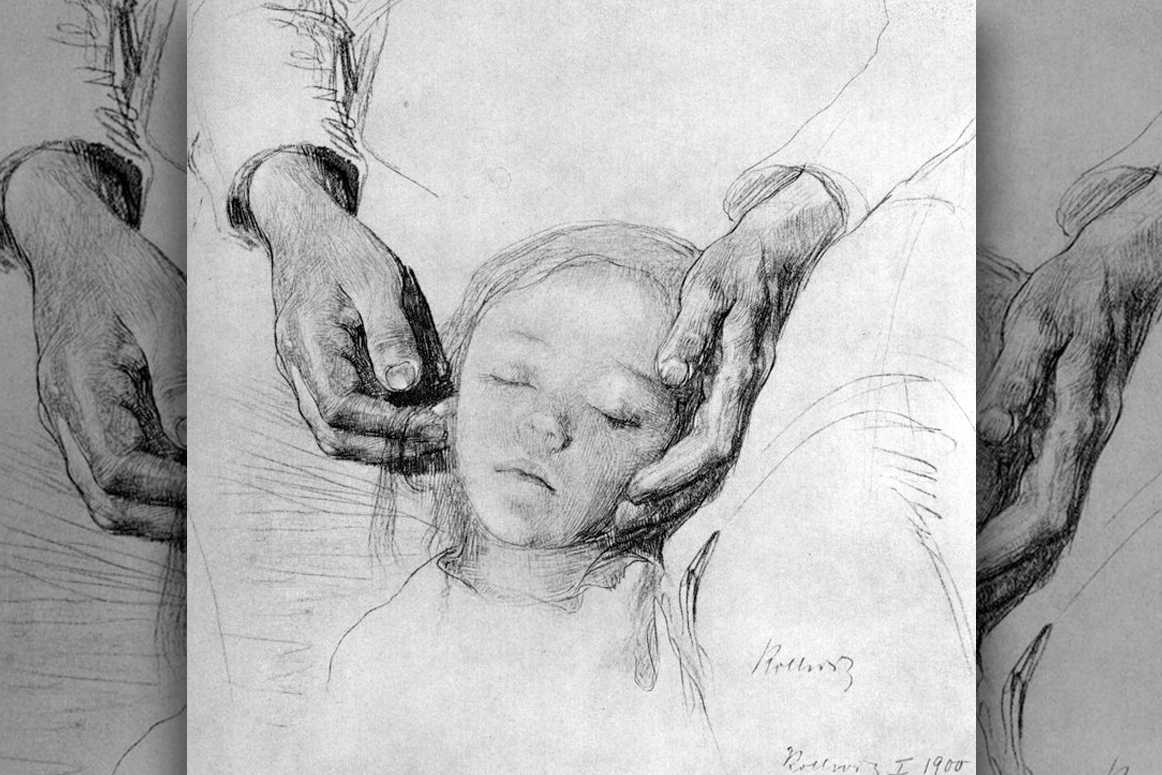
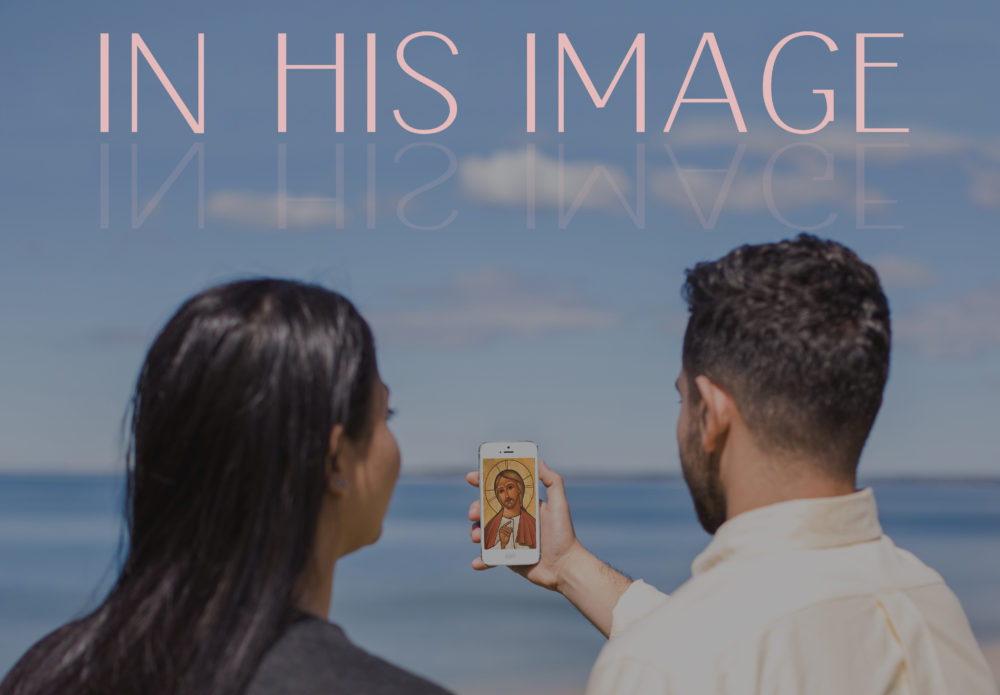
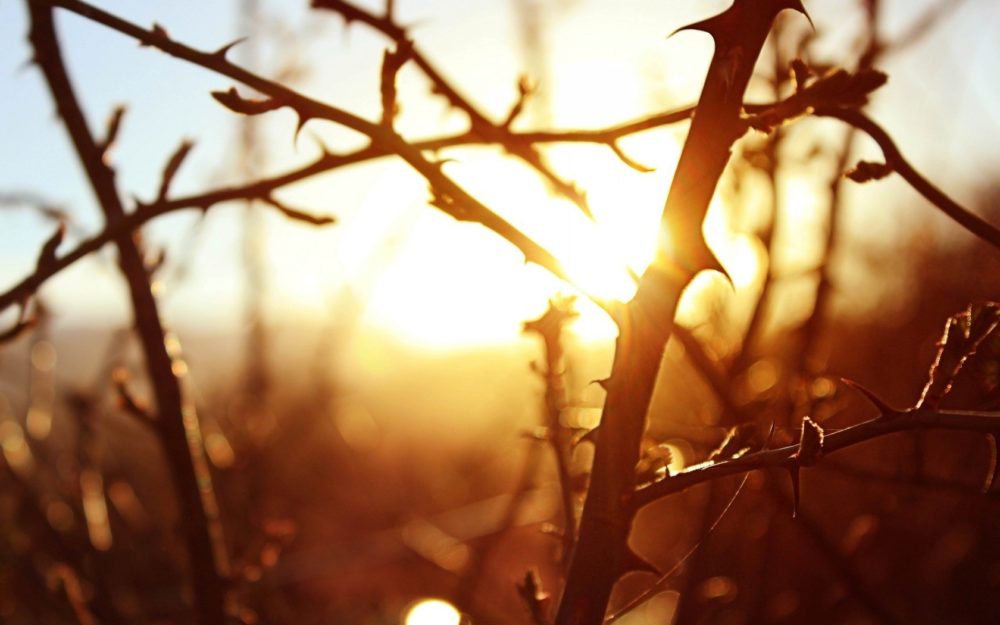
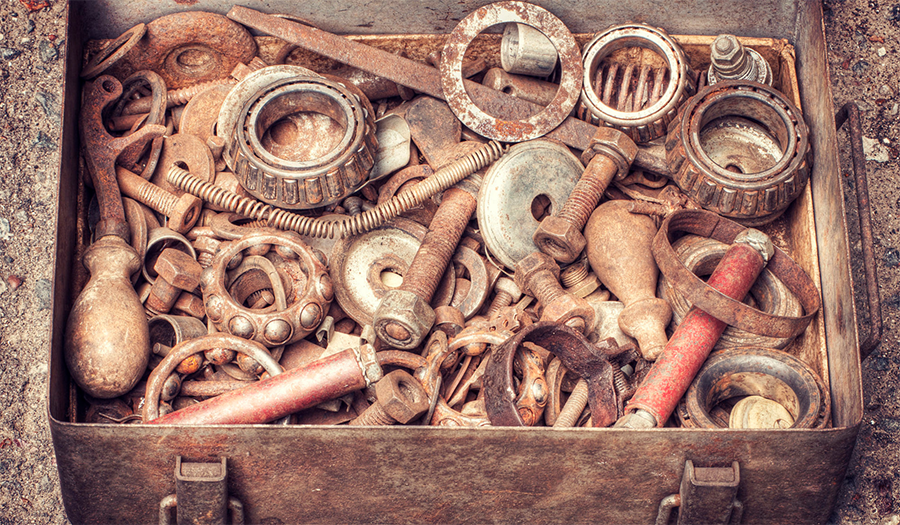
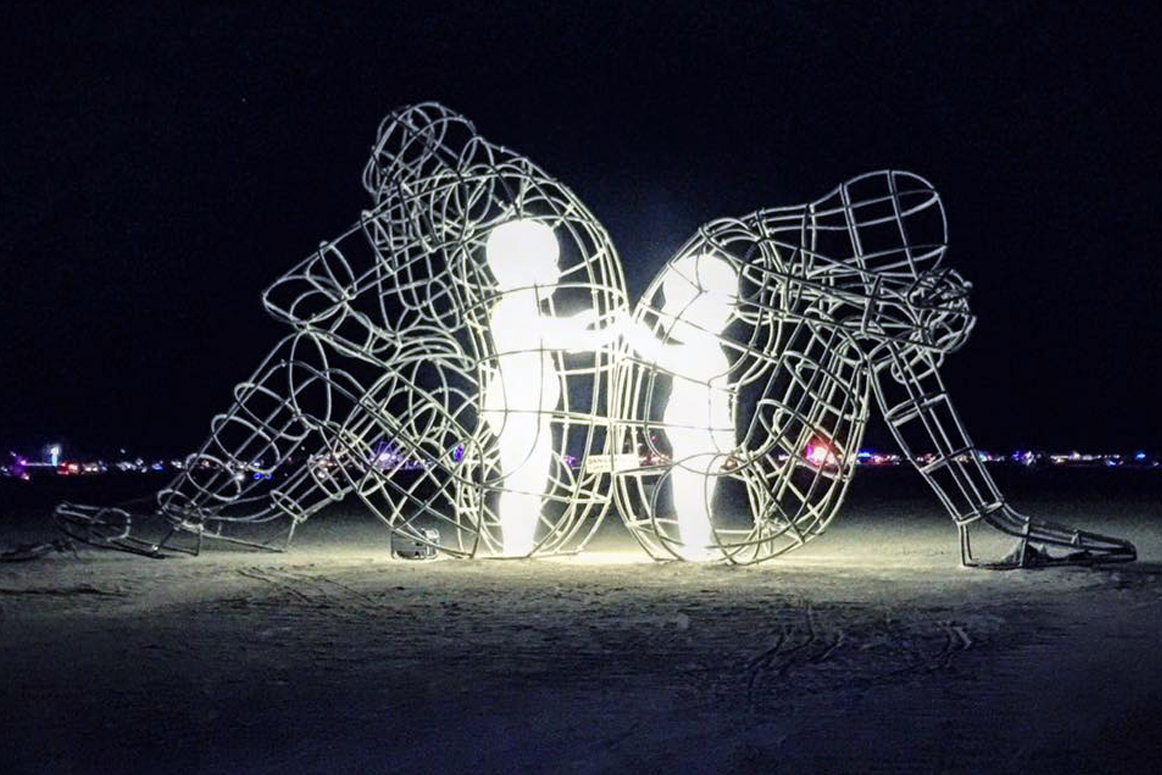
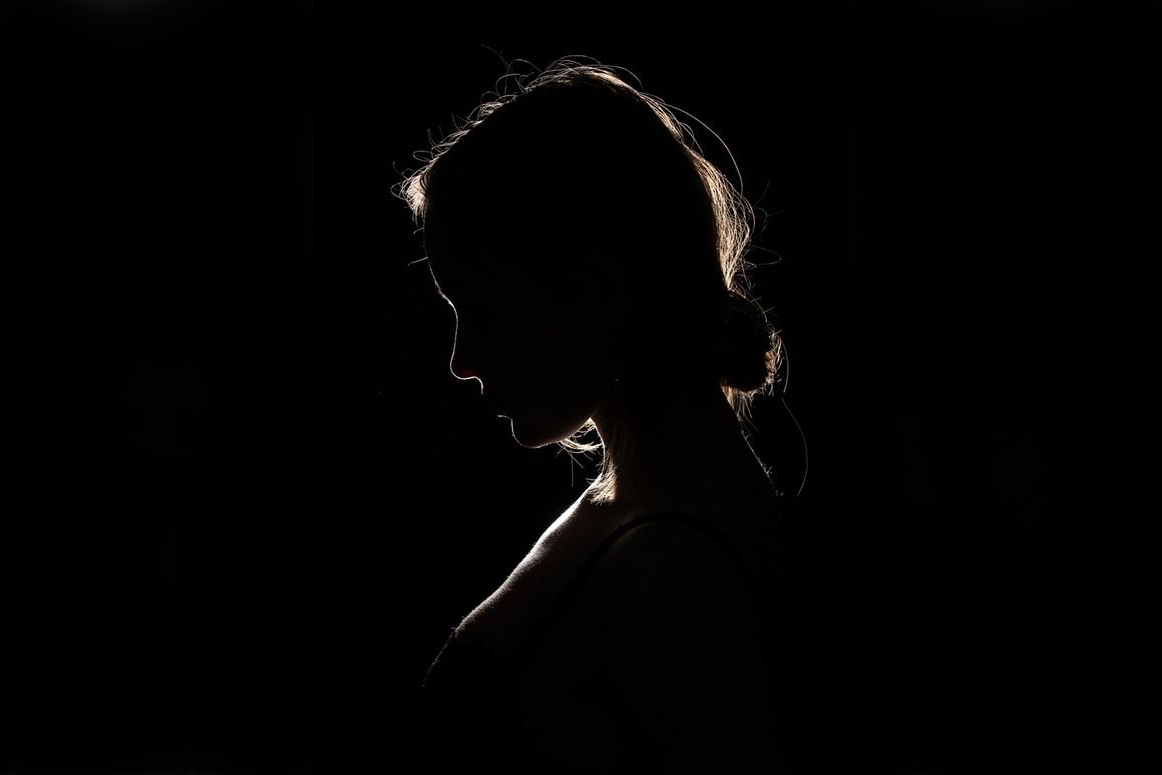

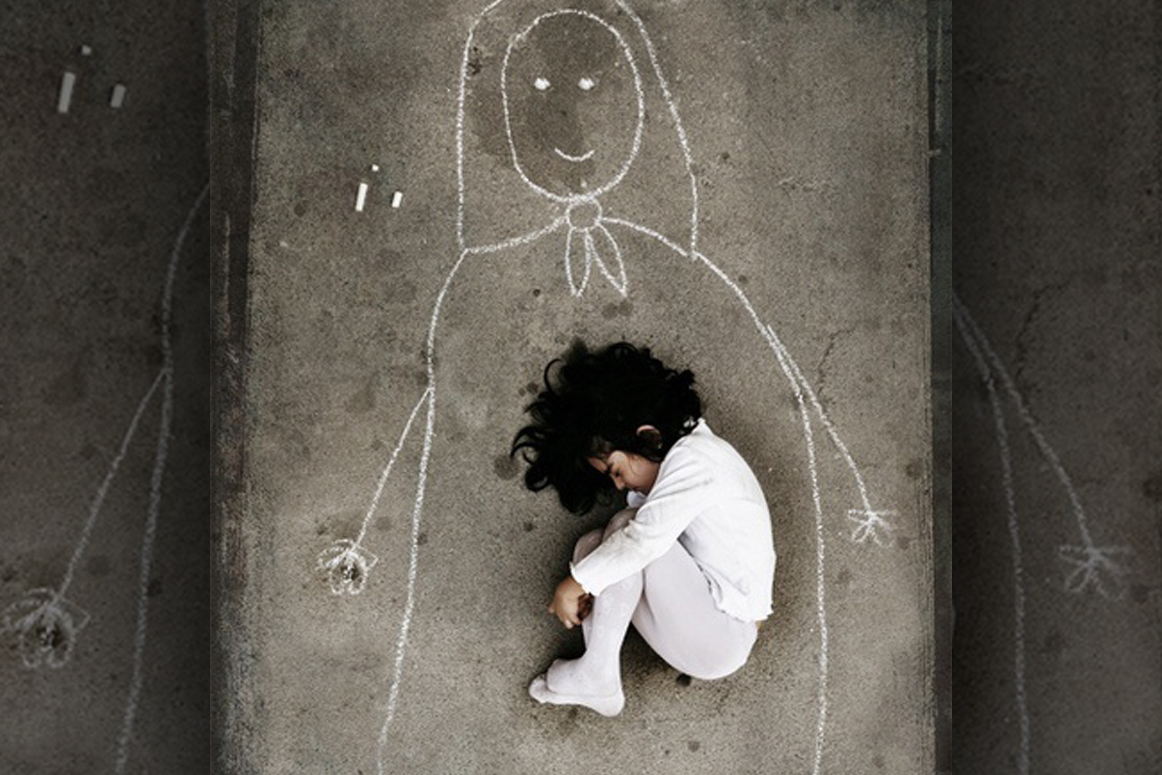
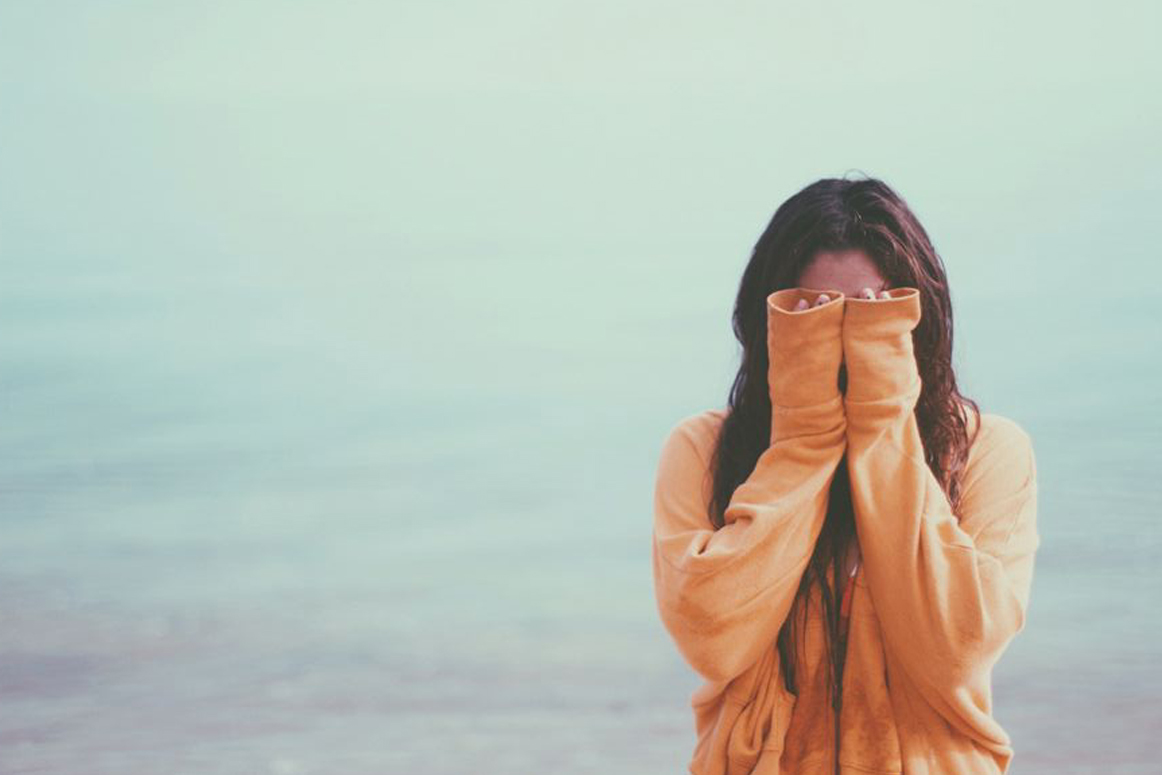
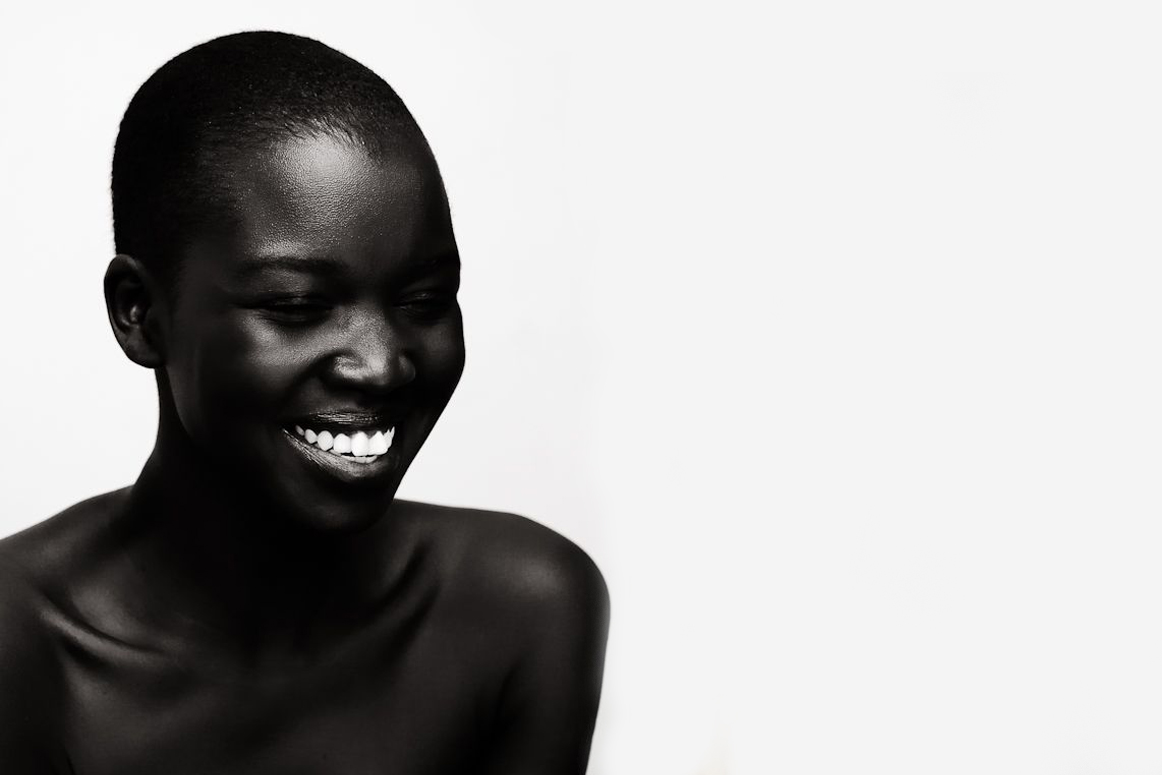
1 Comment